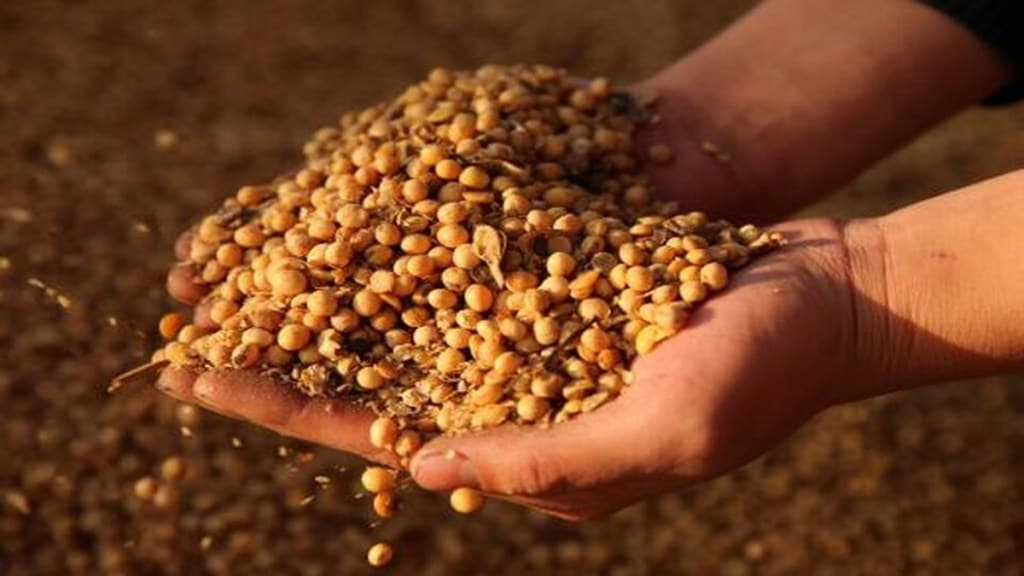India may have agreed to import non-genetically modified(GM) soybean and corn from the United States as part of a proposed mini trade deal, Ramesh Chand, member, Niti Aayog said on Wednesday.
“I believe India would’ve probably agreed to import soybean and corn from the US in the mini-deal, if it is not genetically modified (GM)”, Chand said in an event.
Over 90% of the US’s production of soybean and corn are GM variants. The country is one of the largest exporters of soybean and corn. Chand said that on GM crops, there is huge sensitivity, a large majority of people in India do not want GM food.
“”I’m not personally against GM crops, because I know it doesn’t do any harm…but large section of farmers are against it. This makes negotiations difficult,” Chand said at an event organised by EY.
Stating that the US is India’s biggest market for agricultural and allied products with over $ 5.5 billion annual exports, Chand said “when we enter into a deal, we have to see to it that its protected,”.
As part of the trade deal, the US is seeking access for its GM products especially soybean and maize, while the agriculture ministry has conveyed its reluctance to allow these transgenic crops citing several concerns about safety issues.
A US-India mini trade deal is currently being negotiated and can be announced soon.
Official sources here said that the Union ministries of agriculture, animal husbandry and fisheries said that they had taken “firm positions” against offering any import duty cuts to the US for key farm products.
Tariff cuts for maize, soybean, skimmed milk powder (SMP) and poultry products were demanded by the US under the proposed trade deal.
Currently, imports of maize are subject to 61% duty, while SMP attracts 68% levy. Lowering the duties on these items would hit the small and marginal farmers, the respective administrative ministries have conveyed to the Indian negotiators.
In the medium and long term, Chand said that the best way to safeguard against any kind of import push is to match other countries in terms of productivity. “We import about 55% of our edible oil consumption, because our oilseeds productivity could not keep pace with the rest of the world,” he stated.
“We were net exporters of cotton too, but after 2015-16, the technological progress in cotton stopped, which pushed us to be importers. It’s only through an increase in productivity, we can resist imports,” Chand, Niti Aayog’s member on agriculture, noted.
New Delhi hasn’t granted approval for the commercial cultivation of any GM crops since the nod to the commercial cultivation of BT cotton in 2002. Commercial cultivation of GM food crops continues to be banned in India.
However in 2021, India had allowed the import of 1.2 million tonnes (MT) of GM soymeal for chicken feed on an exceptional basis due to high domestic feed prices.
